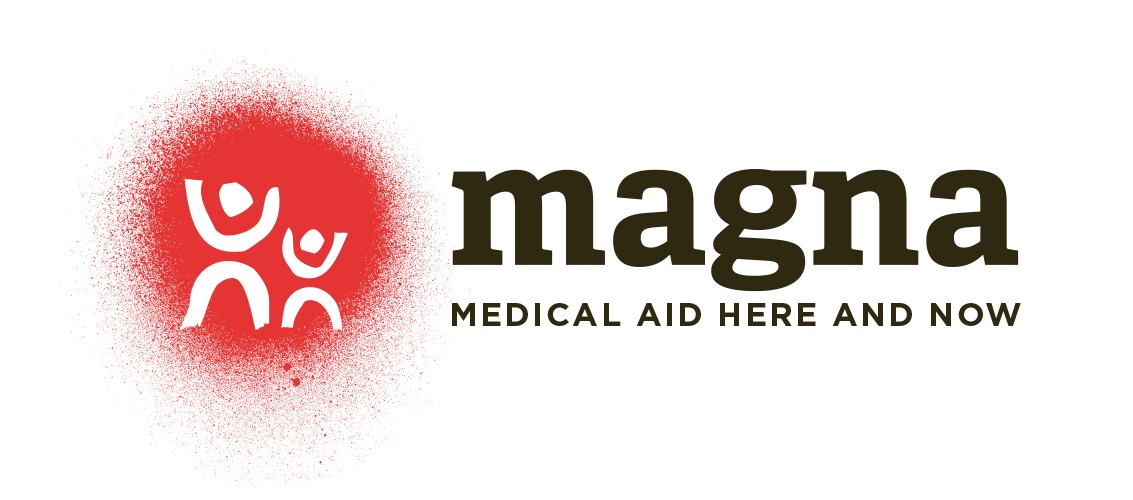MAGNA treats more than 10,000 undernourished children every year
(Bratislava, 16 October 2018) Acute malnutrition is the most common cause of death among children under 5 years of age. More than 3.5 million children die annually around the globe due to poor nutrition. The number has dropped each year with the help of MAGNA, a humanitarian organisation based in Slovakia that has been treating and preventing malnutrition in the world for more than 17 years. Their largest programmes combating malnutrition are operating in South Sudan, Democratic Republic of the Congo and Cambodia.
Every year on 16th October we celebrate World Food Day, which is dedicated to the fight against global hunger. Protracted armed conflicts causing either frequent resettlement or imprisonment amidst warfare, as well as climate change, are currently the most common causes of food crises. Having successfully reduced global hunger in the past, we are again witnessing an increase. Over 820 million people worldwide are suffering from chronic malnutrition – a lack of food with the necessary nutritional value.
Where two years ago 80 million people suffered from acute malnutrition, today the number has risen to 124 million, with even the young generation clearly impacted. Insufficient intake of food with at least the necessary nutritional value is stunting the growth of children and causing their bodies to waste away. Acute malnutrition affects both their physical and mental development,while weakening their immune systems, with fatal consequences when there is either not enough treatment or it comes too late. Globally, acute malnutrition kills over half of children younger than 5 years, which translates to about 3.5 million children dying each year from malnutrition.
For more than 17 years MAGNA’s medical projects have been treating and preventing malnutrition around the world. Their largest programmes combating malnutrition are operating in South Sudan, Democratic Republic of the Congo and Cambodia. “We focus on hard-to-reach and remote areas where access to healthcare is limited or nonexistent,with the aim of tackling malnutrition directly in communities at an early stage,”says Operations Director Denisa Augustínová. “We are concentrating not just on children, but pregnant and nursing women as well to prevent malnutrition in newborns. Identifying malnutrition and setting up therapeutic food enable us to avoid serious health complications (such as diarrhoea and pneumonia), when patients have to be hospitalised.”
“We’re treating 10,000 undernourished children in projects,but the total numbers remain alarming,” Augustínová further adds. Every day fighting and violence are displacing people and causing hunger in regions that had previously been stable, such as Kasai (Democratic Republic of the Congo). Of the nearly 8 million people in the Democratic Republic of the Congo suffering from lack of food, almost half live here. Because of it, MAGNA opened this year a new mission for Kasai and also Équateur Province.
